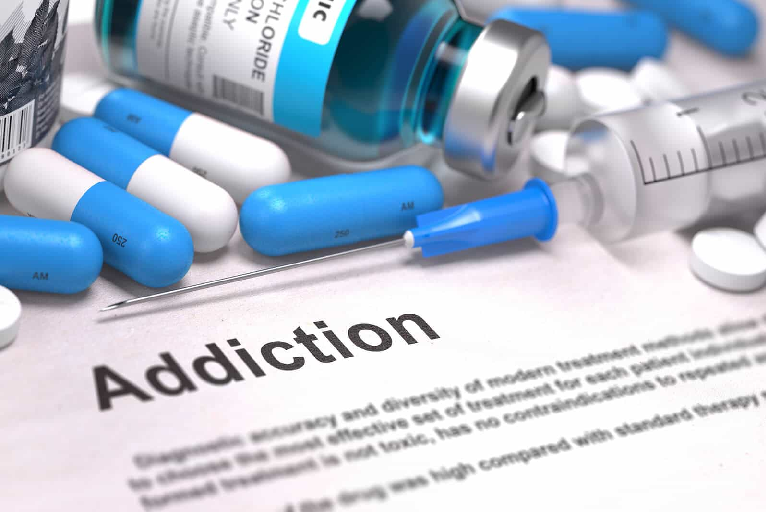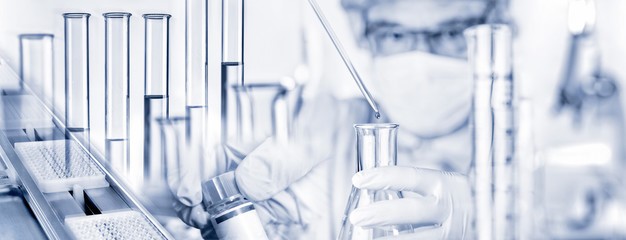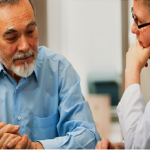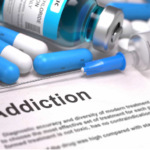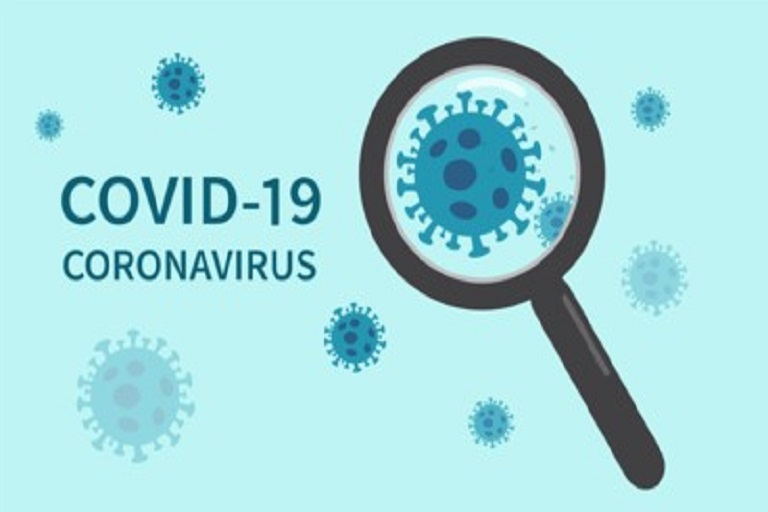Dr. Jaan Sidorov, CEO of the Population Health Alliance in Harrisburg, Pennsylvania, a network of 152 independent community-based providers, says he and his colleagues are quickly learning how the COVID-19 crisis will change their practice patterns. Even though Sidorov is a longtime expert in pop health, he’s already seeing up-close how the coronavirus pandemic is changing his own daily duties of care delivery. “My world before COVID consisted of taking care of patients one at a time,” he said. “Now, my duty is to serve an entire patient population.”
Serving that population means many provider organizations that have not embraced telemedicine and remote patient-monitoring will have to move in that direction, Sidorov believes. “With the arrival of telehealth, my reach into every patient’s home is truly on a regional basis,” he said. “We have a much broader reach across patients.” The bottom line is that telehealth is no longer a novelty for some providers – and will become a mainstay technology, and increasingly chronic patients and physicians will manage chronic needs via the telephone, said Sidorov.
“Rest assured that if you need a knee replaced, or surgery or a heart test, you’ll still get face-to-face care. But telehealth will occupy a big piece of care and we won’t be able to put the genie back in the bottle.” Artificial intelligence also will play a role with its ability to supplement the interpretation of data, which will increase the adoption of AI.
A changing landscape
The advent of COVID-19 brings new issues that concern Sidorov, he said, particularly the fact that, early in the pandemic, he sees some hospitals believing little has changed. Too many providers are reluctant to cancel elective surgeries and intend to keep conducting noncritical operations because they want the money to keep flowing, he explained, despite warnings from the Centers for Medicare and Medicaid Services of what is to come from COVID-19. Further, some large provider organizations still believe that business will soon come back to normal. They will learn otherwise, Sidorov cautioned.
For example, a patient may be on the phone talking to a specialist physician. But how will that conversation be saved? How do we package information to the specialist? How do we get the data to the specialist and know it is the appropriate data? And, how do we ensure that patients get data that is appropriate for them to have? Eventually, for instance, patients may “have access to coronavirus testing kits, just like pregnancy tests,” Sidorov explained. “How will we know the patients are accurately understanding the results? This is the stuff that keeps me awake.”















